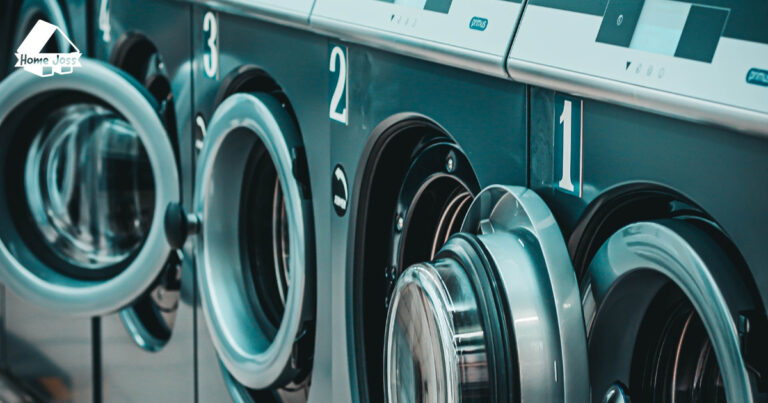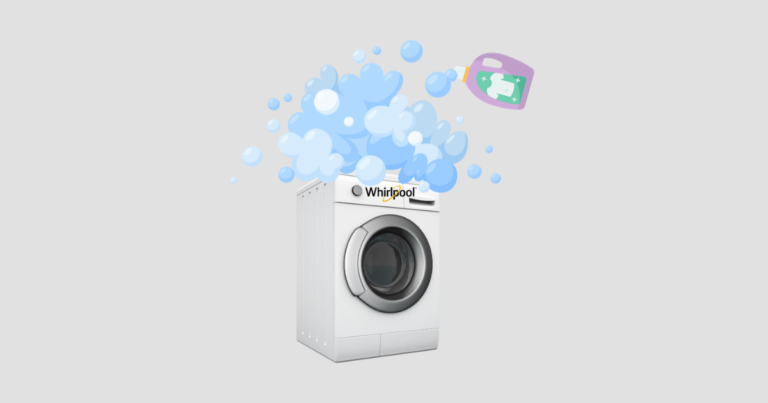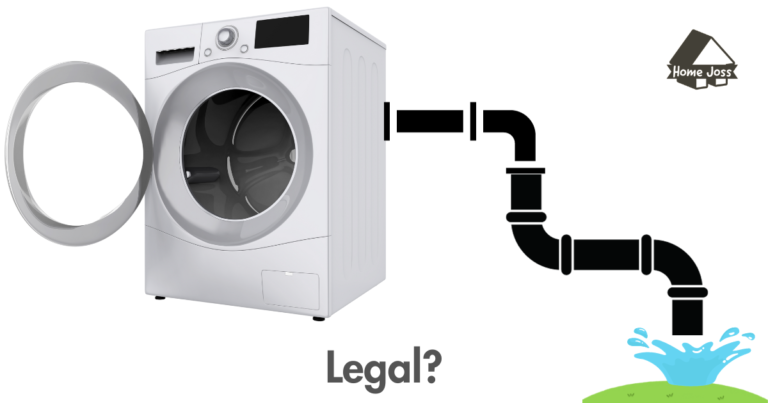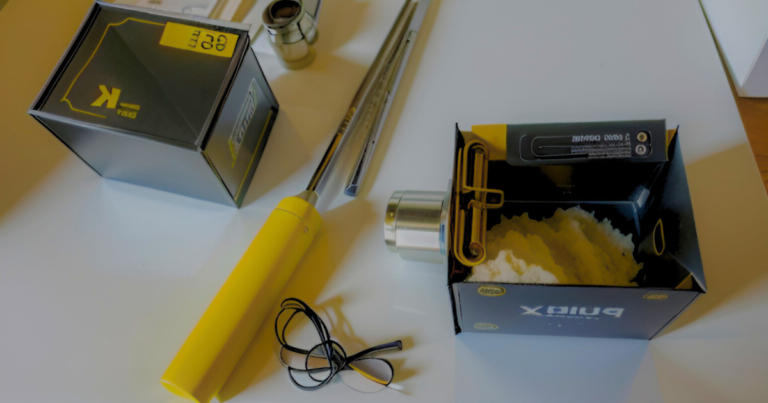Cold weather can affect washing machines because they are vulnerable to extreme temperatures due to their reliance on water. Hoses that fill the machine can freeze, and pumps may not be able to effectively drain the water.
This can lead to potential damage and malfunctions in the machine. In addition, condensation from warm, moist air in winter can cause moisture buildup on cooler surfaces, which can further affect the performance of the washing machine.
Therefore, it is important to take precautions and properly maintain the washing machine during cold weather to prevent any adverse effects.

How Cold Weather Impacts Washing Machines
Extreme cold weather can have a significant impact on washing machines. The water hoses and connections are particularly vulnerable to cold temperatures. As the temperature drops, the water inside the hoses can freeze, causing them to crack or burst. This can lead to leaks and potentially expensive water damage.
In addition to the water hoses, the electrical components of the washing machine can also be affected by cold weather. Cold temperatures can cause these components to become brittle and more prone to malfunction or even failure.
Another potential issue is the freezing of water inside the machine itself. If the water inside the machine freezes, it can expand and damage the internal components.
To protect your washing machine from cold weather, it is recommended to keep the space where the machine is located insulated and heated. It is also advisable to wrap the water hoses with insulation or heat tape to prevent freezing. Regular maintenance and inspections can help identify and address any potential issues caused by cold weather.
Preventive Measures For Winter Use
During cold weather, it is important to take preventive measures to protect your washing machine. One way to do this is by insulating the water hoses and connections. This will help to prevent freezing and damage caused by cold temperatures.
Another important step is to ensure proper placement and insulation of the machine itself. This can include placing the machine in a warmer area of the house or using insulation materials to protect it from the cold.
Additionally, utilizing a space heater or heat tape in the laundry area can help to maintain a warmer temperature and prevent freezing. By following these tips, you can help protect your washing machine during cold weather and ensure its longevity.
Signs Of Cold Weather Damage And Troubleshooting
Your washing machine is susceptible to damage in extremely cold weather due to its reliance on water. There are several signs of cold weather damage to watch out for:
- Frozen pipes or hoses: When water freezes, it expands, which can cause pipes or hoses to burst, leading to water leakage or low water pressure.
- Malfunctioning electrical components: Cold temperatures can affect electrical connections, leading to issues with the machine’s performance.
- Water leakage or low water pressure: Frozen pipes or hoses can result in water leakage or reduced water pressure, impacting the machine’s ability to function properly.
It’s important to regularly inspect your washing machine during cold weather and address any signs of damage promptly. This can help prevent more significant issues and ensure your machine continues to operate efficiently.
Frequently Asked Questions on Does Cold Weather Affect Washing Machines?
Can Washing Machines Stop Working In Cold Weather?
Yes, washing machines can stop working in cold weather due to freezing temperatures.
Is It Bad To Do Laundry When It’s Cold Outside?
It is not bad to do laundry when it’s cold outside, but extreme cold can affect the performance of your washing machine.
What Temperature Does A Washing Machine Freeze At?
A washing machine can freeze at temperatures below freezing, typically around 32 degrees Fahrenheit.
Do Washing Machine Pipes Freeze?
Yes, washing machine pipes can freeze in cold weather.
Can Cold Weather Affect The Performance Of Washing Machines?
Extreme cold can affect the performance of washing machines, especially the hoses and water-related components.
What Happens If A Washing Machine Freezes?
If a washing machine freezes, the water inside the hoses can expand and cause damage to the internal components.
Should I Do Laundry When It’s Cold Outside?
It is generally safe to do laundry when it’s cold outside, but it’s recommended to keep an eye on the washing machine and ensure that it is working properly.
At What Temperature Does A Washing Machine Freeze?
A washing machine can freeze when the temperature drops below freezing, usually around 32 degrees Fahrenheit or 0 degrees Celsius.
Do Washing Machine Pipes Freeze?
In extremely cold weather, washing machine pipes can freeze if they are not properly insulated or protected.
How Does Cold Weather Affect Washing Machines?
Cold weather affects washing machines because water-related components, such as hoses, can freeze and potentially cause damage to the machine.
Ultimately, cold weather can indeed affect washing machines. Since washers rely heavily on water, extreme temperatures can cause the water to freeze, resulting in damage to the machine’s internal components. Freezing temperatures can cause hoses to become brittle and crack, leading to leaks and water damage.
Additionally, cold weather can negatively impact the performance of the machine, causing it to struggle with proper water temperature, longer wash cycles, and reduced overall efficiency. To avoid these issues, it is important to take precautions such as insulating the machine, protecting the hoses, and keeping the laundry area adequately heated.
Regular maintenance and servicing can also help prevent any cold weather-related problems. By understanding the potential impact of cold temperatures on washing machines, homeowners can ensure their appliances remain in optimal working condition throughout the colder months.






